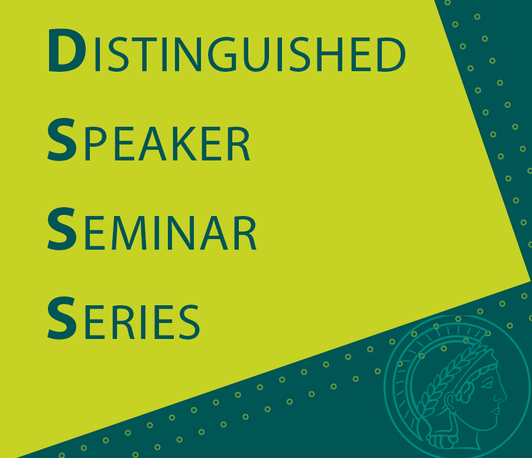DSSS - Coordination of Phase Variation-mediated Bet-Hedging and Two Component Signal Transduction in Burkholderia thailandensis
- Datum: 15.09.2023
- Uhrzeit: 15:00 - 16:00
- Vortragende: Prof. Peggy A Cotter
- University of North Carolina - Chapel Hill
- Ort: MPI für Biologie, Max-Planck-Ring 5, room 0A01
- Gastgeber: Honour McCann

Phase Variation (PV) and
Two Component Signal Transduction (TCS) are two mechanisms used by bacteria to
survive diverse environmental conditions. While TCS systems allow all bacteria
in the population to sense and respond to changes in conditions, PV creates a genotypically
and phenotypically heterogeneous population with subpopulations optimized to
persist when conditions change, or are encountered, suddenly. We identified a PV
system in Burkholderia thailandensis in which RecA-mediated homologous recombination
between a pair of insertion sequence (IS) 2-like elements duplicates a
208.6 kb region that contains 157 coding sequences. RecA-mediated homologous
recombination also resolves merodiploids, and hence copy number of the region
is varied and dynamic. The presence of two or more copies of the region is advantageous
for growth in a biofilm, while a single copy is advantageous during planktonic
growth. This system represents a rare example of IS element-mediated evolution
in which the IS elements provide homologous sequences for amplification of a
chromosomal region that provides a selective advantage under specific growth
conditions, representing a bet-hedging strategy and expanding the lifestyle repertoire
of the species. Further analyses revealed TCS system-encoding genes within the
region that are also required for biofilm formation. Hence, B. thailandensis
coordinates PV and TCS to ensure population survival under ever-changing
environmental conditions. This research was conducted by a creative and
independently-thinking graduate student who disproved several of the lab’s
hypotheses for how and why the system functions, serving as an inspiration for
trainees at all levels.